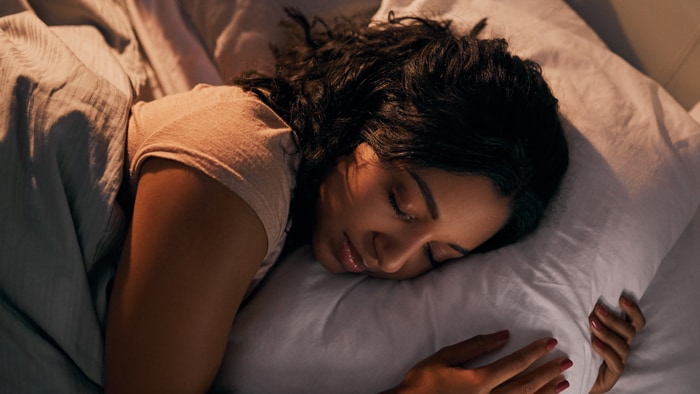Food and sleep: Do differences exist between men and women?
By Gina Roberts-Grey The key to a good night’s sleep could be right there on your dinner plate. A new study from Monash University found a direct correlation between what people eat and how well they sleep. And a healthy sleep-diet, the study noted, isn’t the same for men as it is for women. According to researchers, the biggest dietary contributors to a good night’s sleep for women are vitamin B6 and iron. Those who had a lower intake of vitamin B6 and iron were almost twice as likely as men to have poor sleep quality. In a release, researcher Mark Wahlqvist of Monash University stressed the importance of a balanced diet rich in protein, vegetables and vitamin B6, for women. Foods such as chickpeas, fish, potatoes, and bananas contain high amounts of vitamin B6, while red meat; dark, leafy greens; beans and lentils; liver; and artichokes all are good dietary sources of iron. Rather than focusing on one or two types of food, men need more variety in their diet to sleep better, according to the researchers. That means making room on your dinner plate for protein from meat, poultry or fish, as well as veggies and fruits. “Consider staying away from foods high in simple carbohydrates like sweets, starchy grains like breads and alcohol,” said Dr. Caroline Cederquist, medical director of bistroMD. “These all disrupt sleep.” These foods often act as sedatives and may make it easy to fall asleep, but they lead to sleep disruptions a few hours later, she noted. “After only two to three hours you may be wide awake because sweets and breads cause a significant rise in blood sugar followed by a drop, which wakes people up.” Women seem to be affected somewhat more by carbs and sweet foods because of changes in hormone levels due to perimenopause and menopause. “The associated hormone change in perimenopause and menopause increases this effect.” Regardless of gender, Cederquist said portion control also plays a role. “For both men and women, the volume of food eaten and the timing of the meal comes into play. A large meal within an hour or two of going to bed can impair your ability to breathe properly and to sleep without interruption.” If you’re having trouble sleeping, take a look at what’s on your dinner plate. A few simple changes can reap some major rewards.



